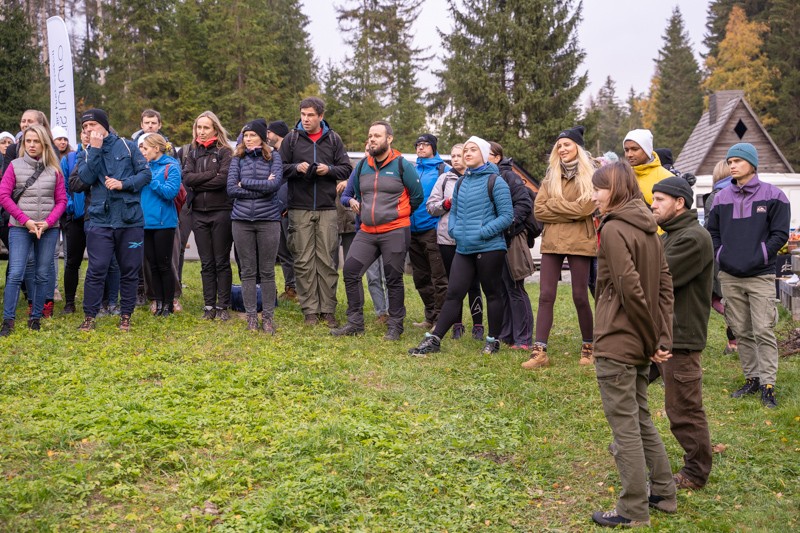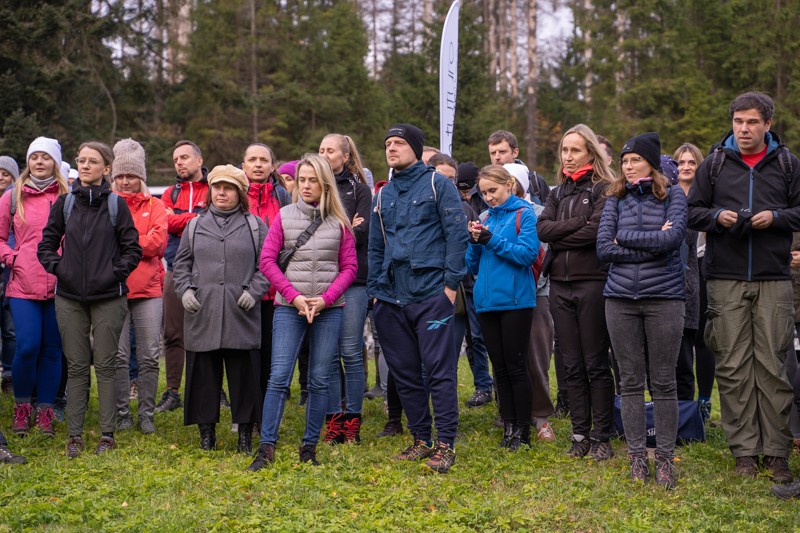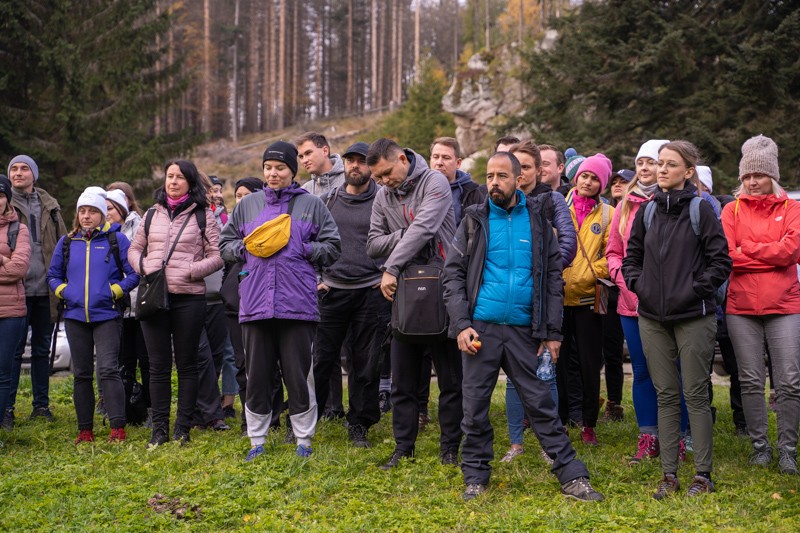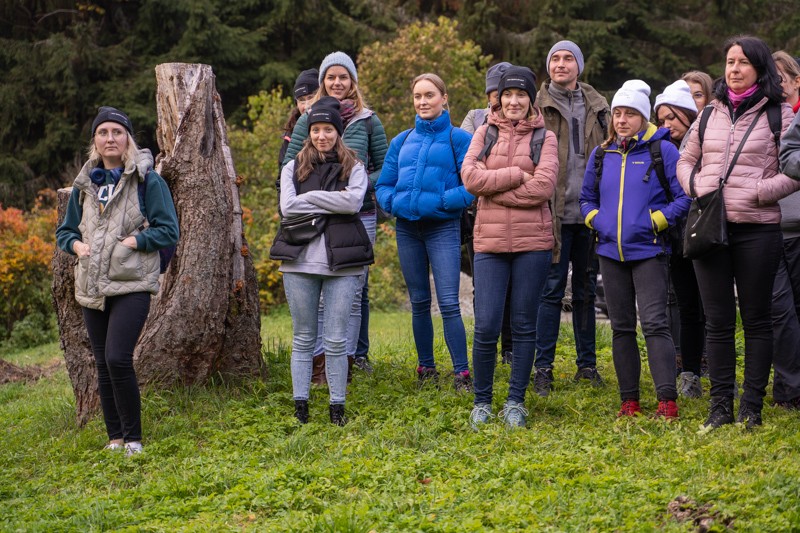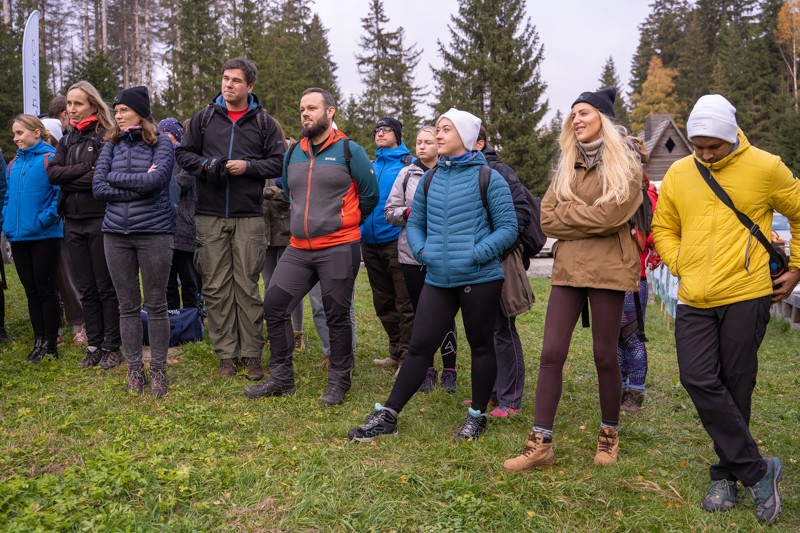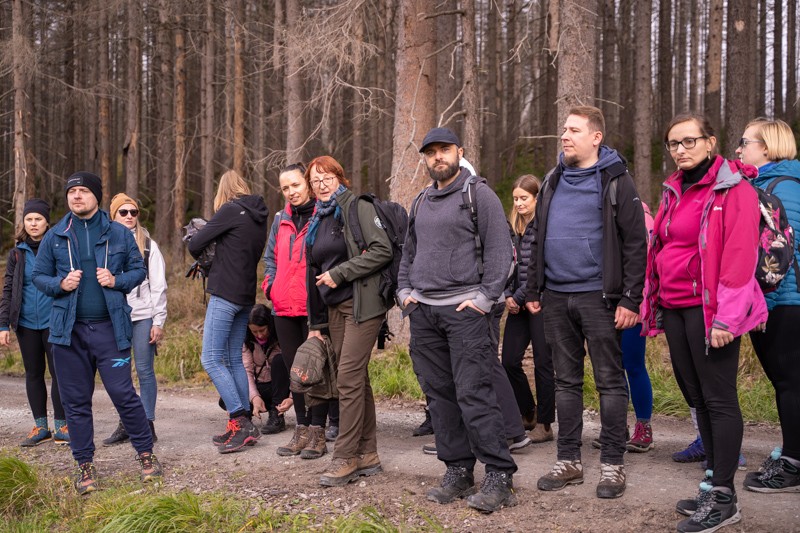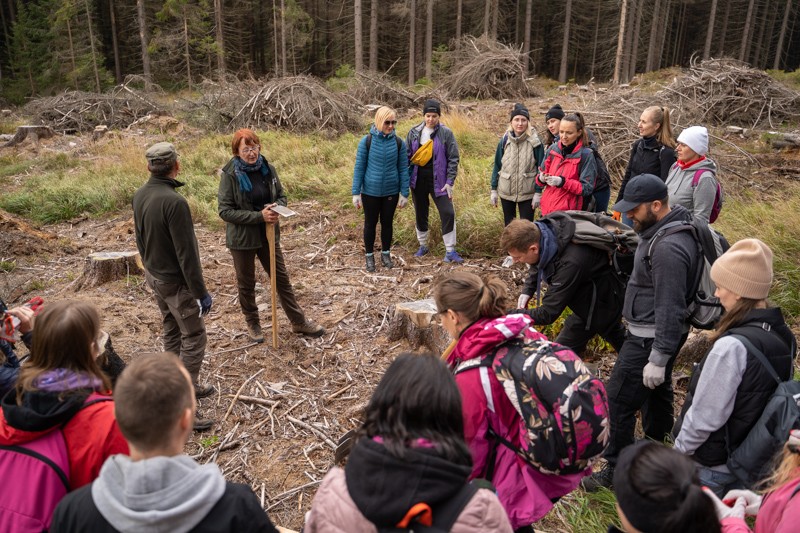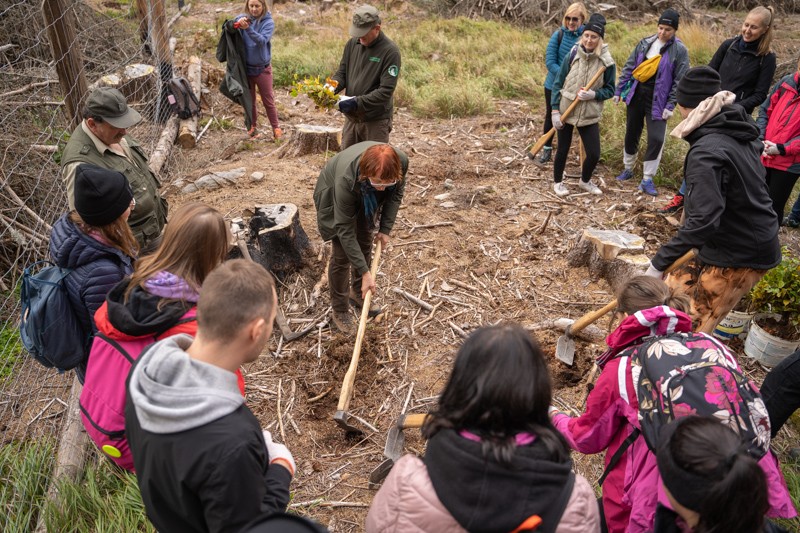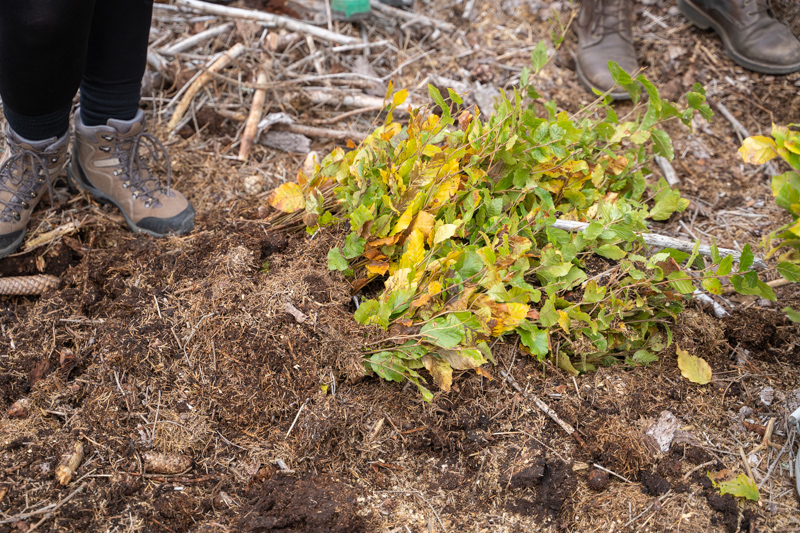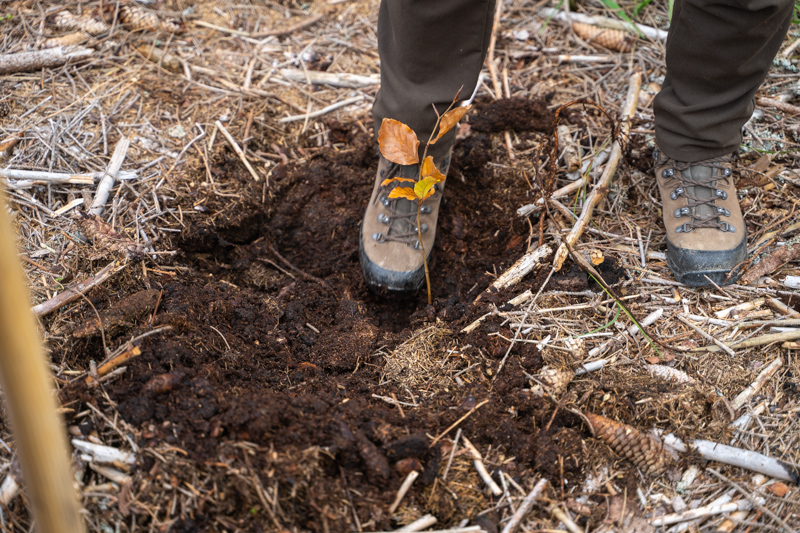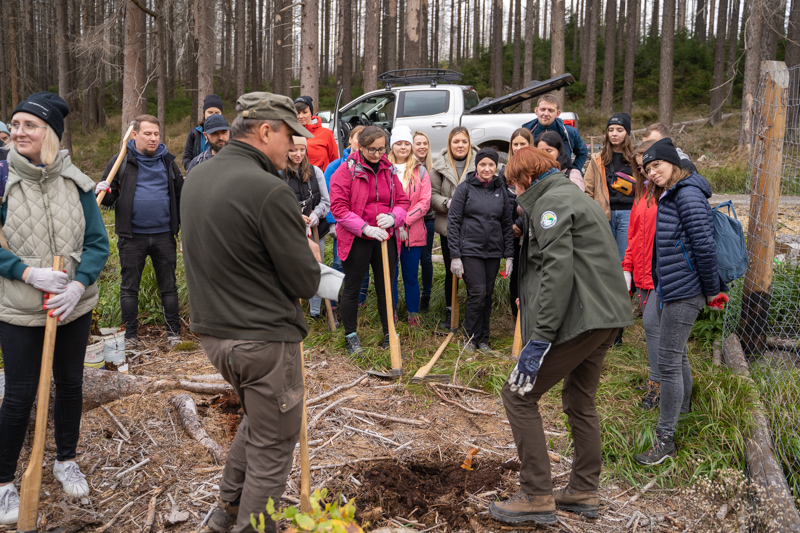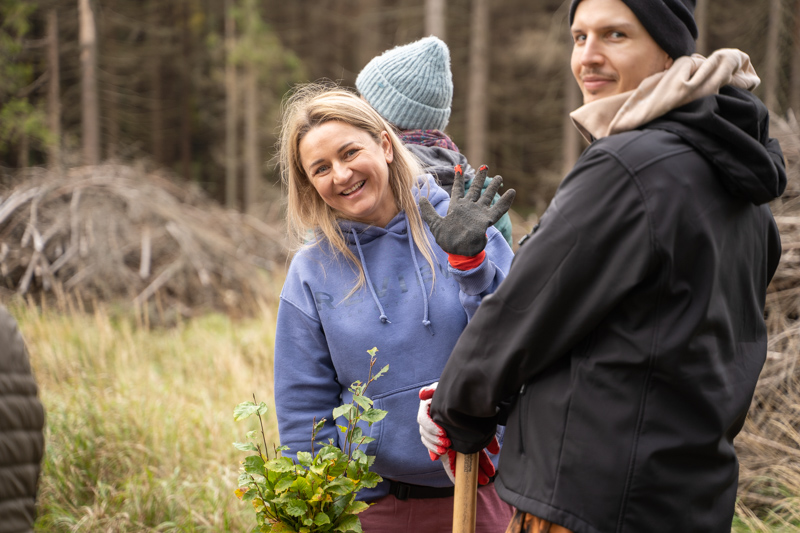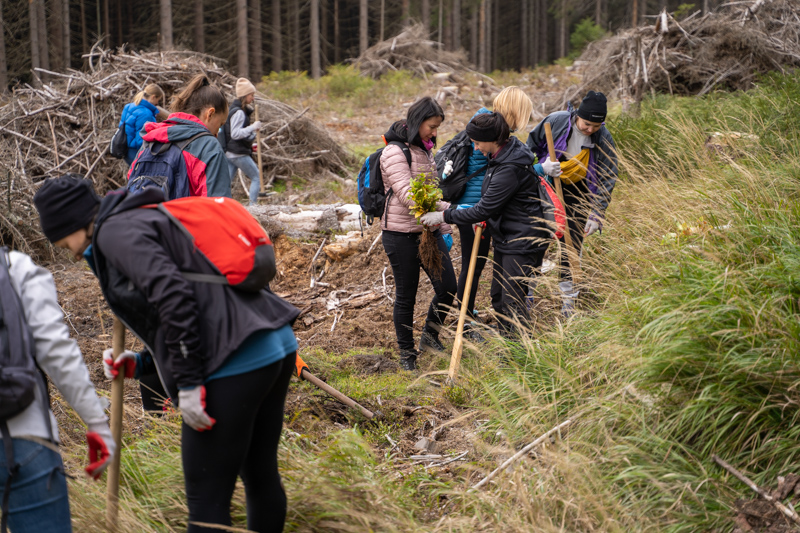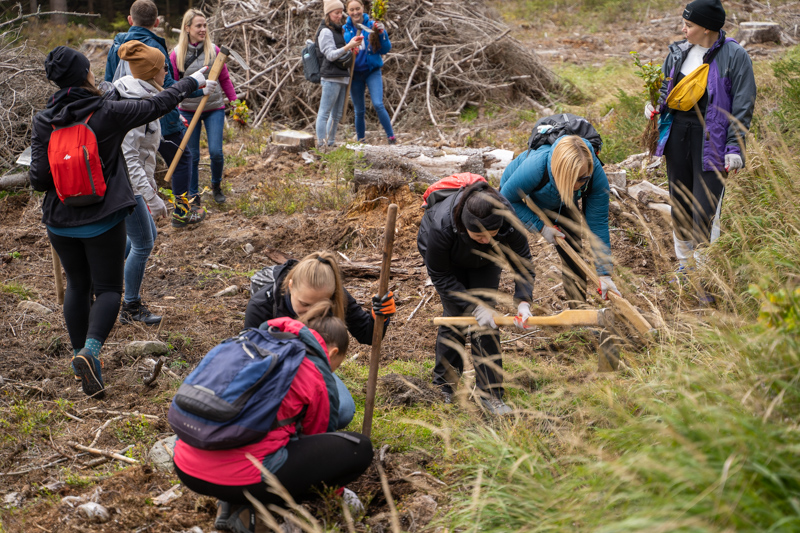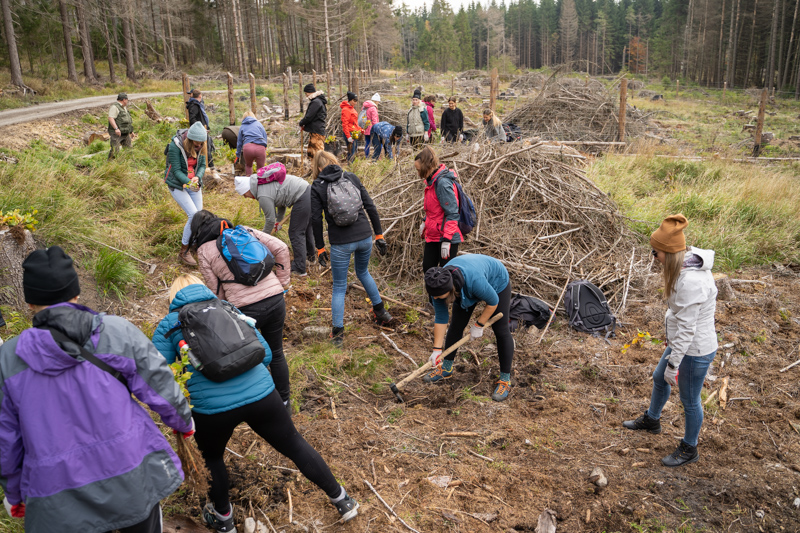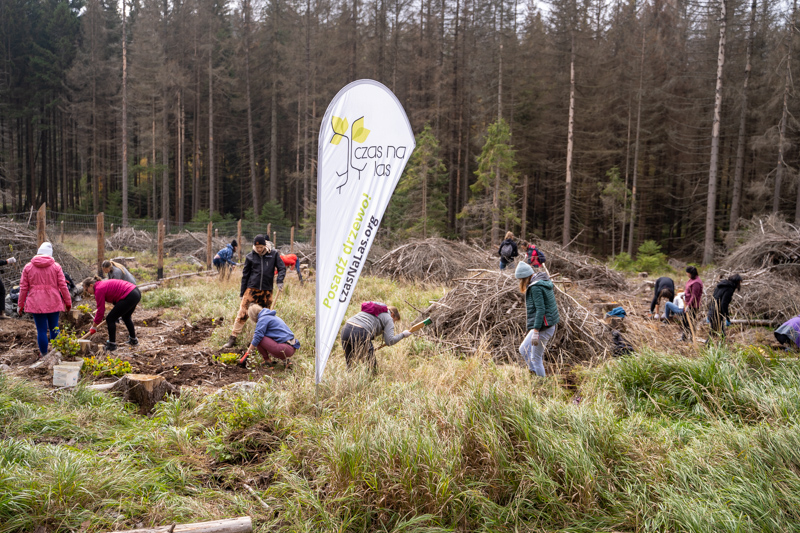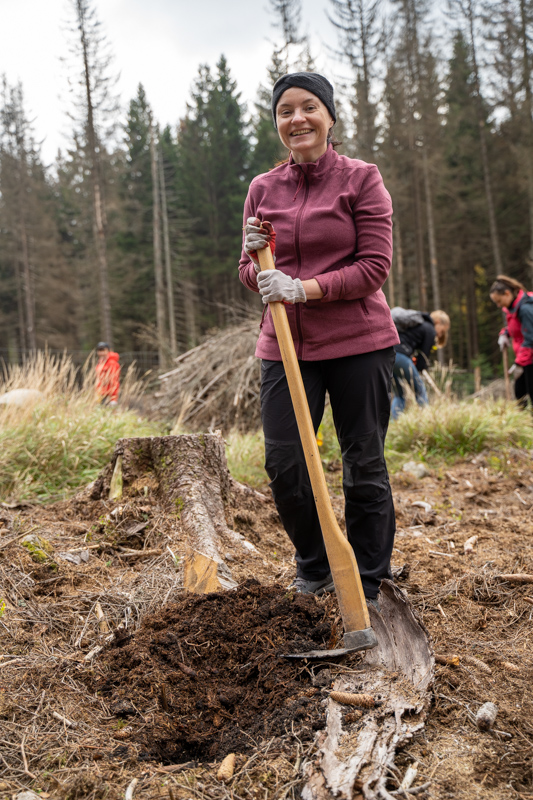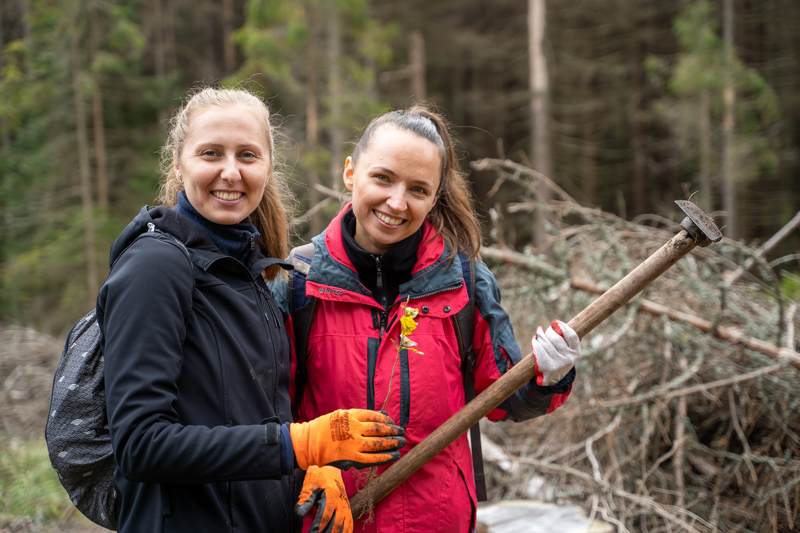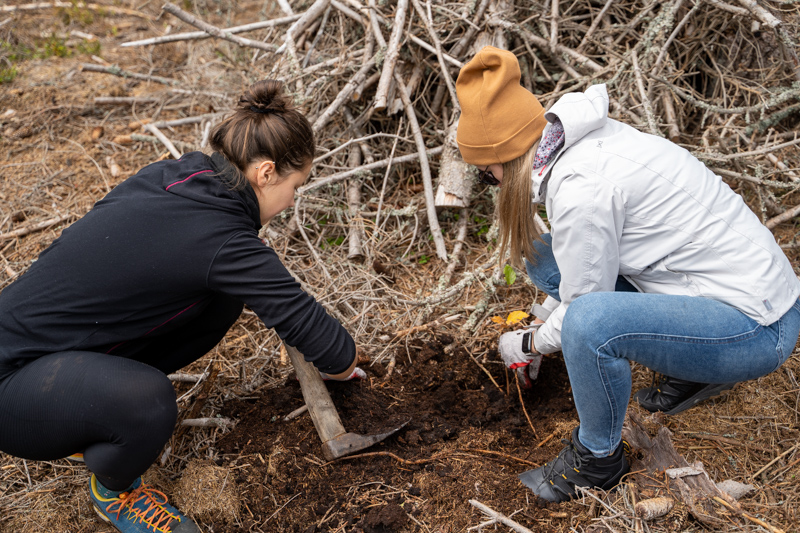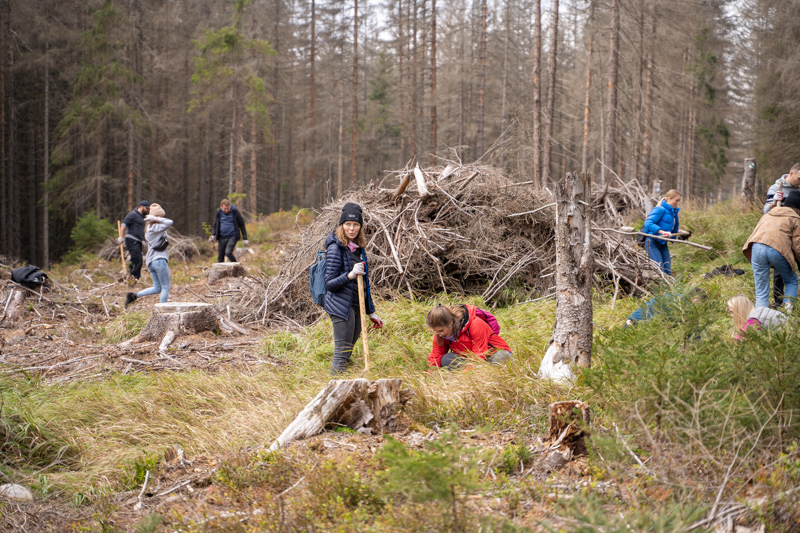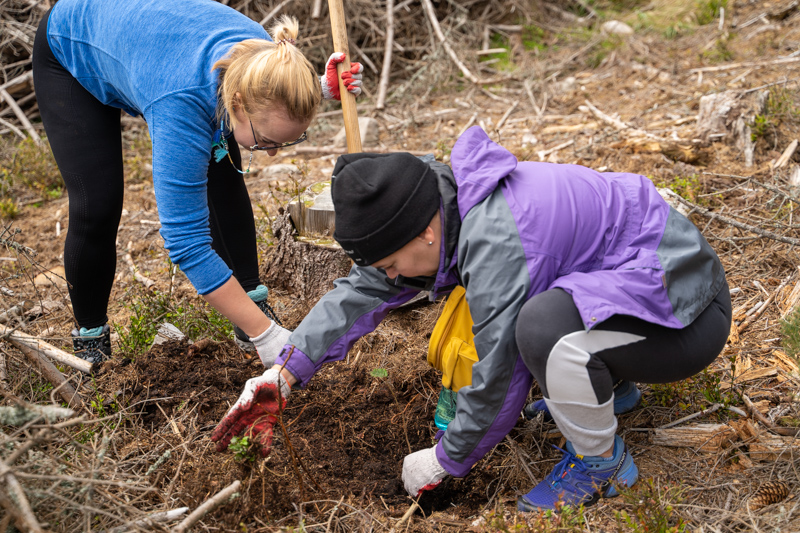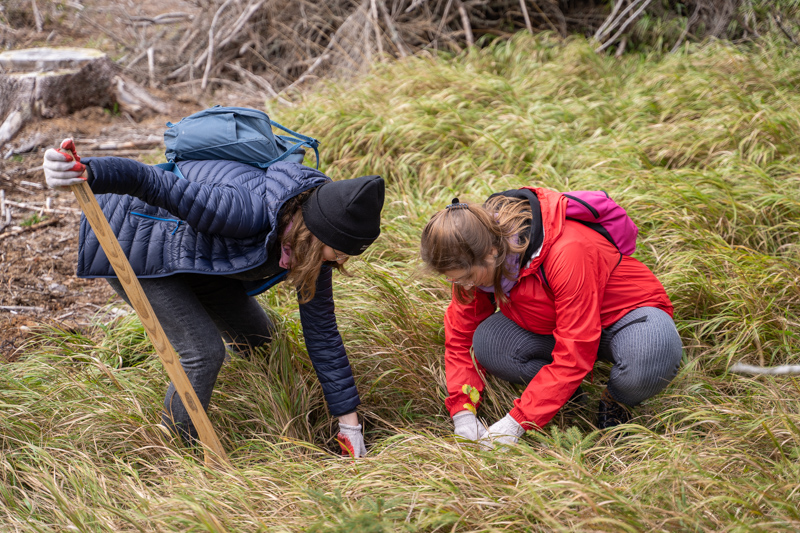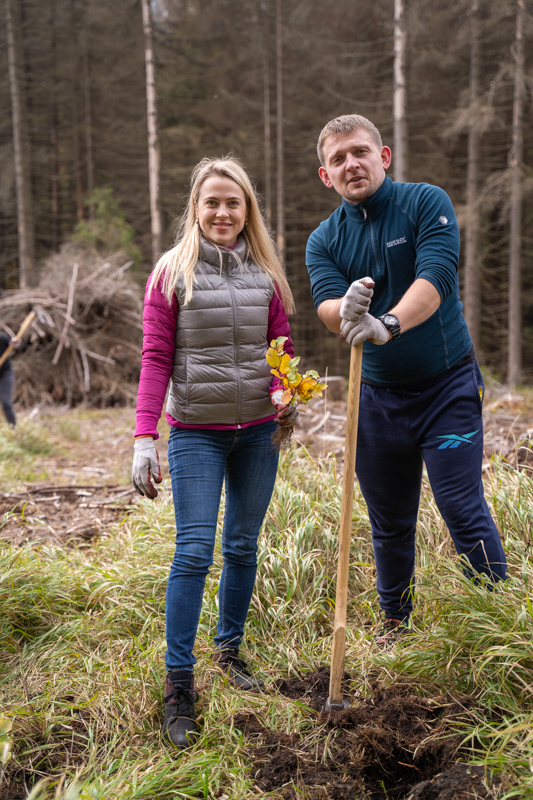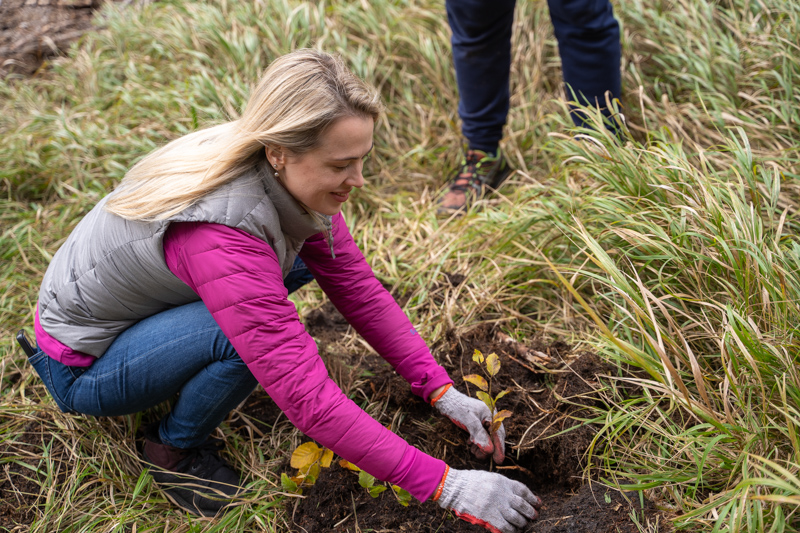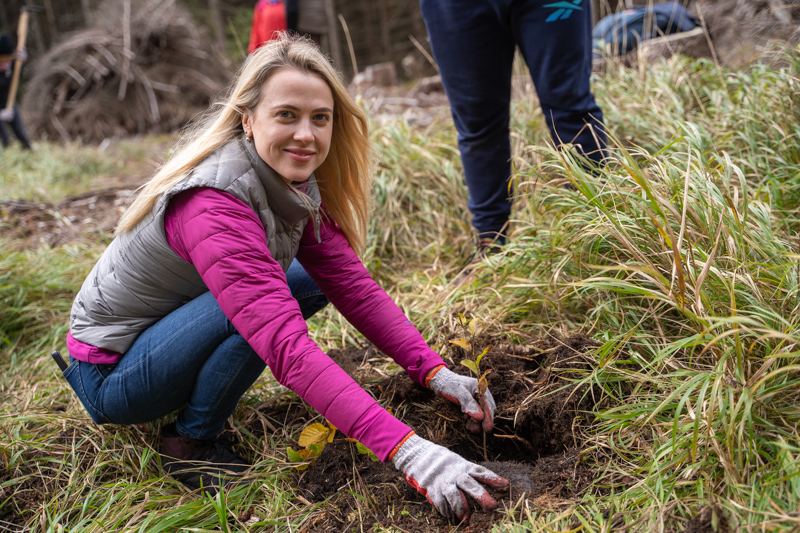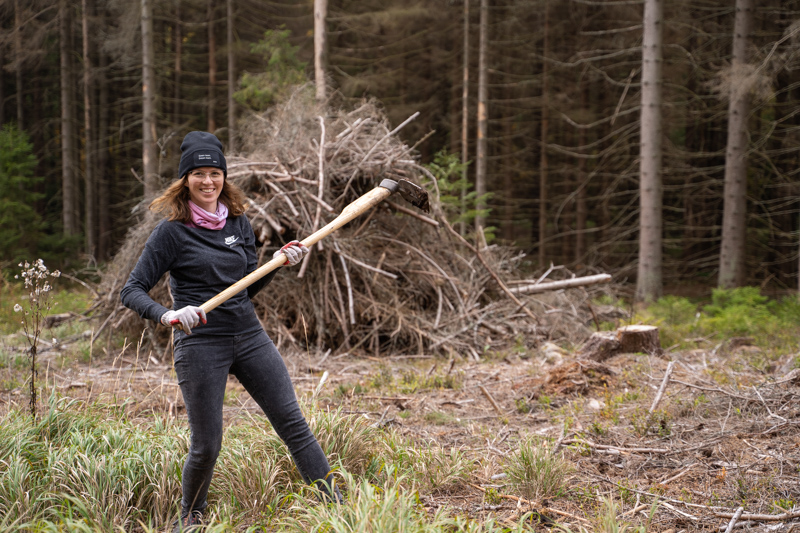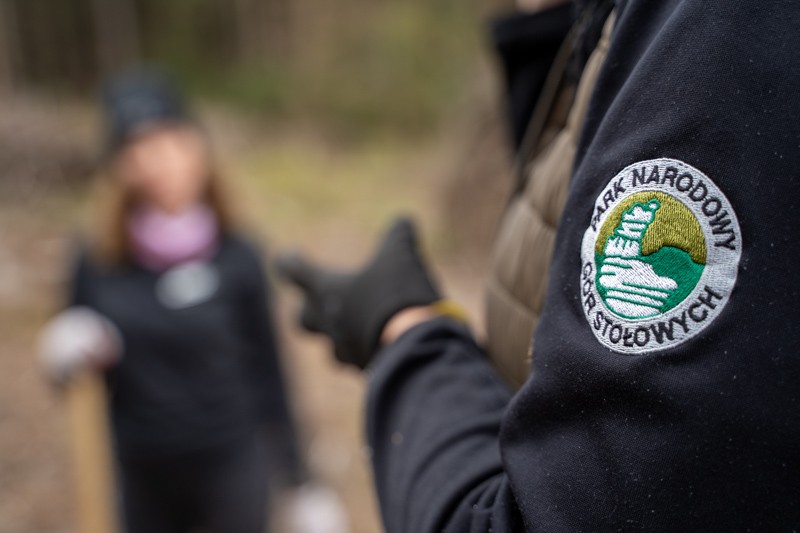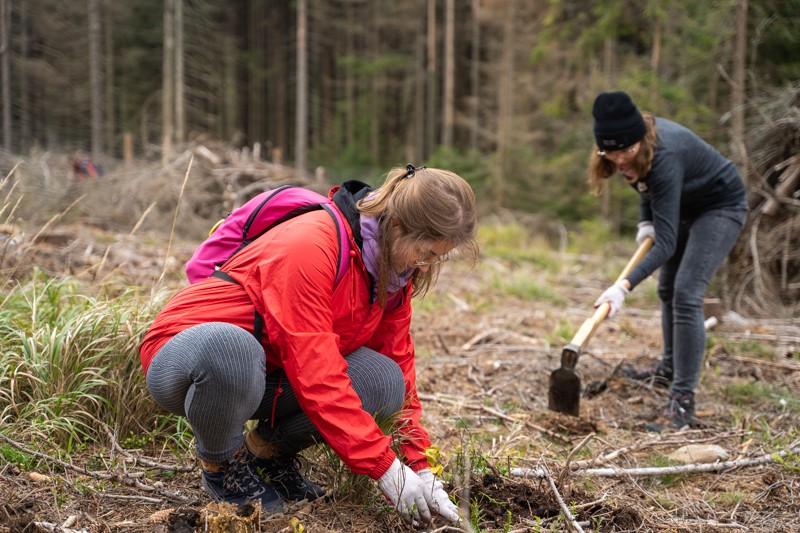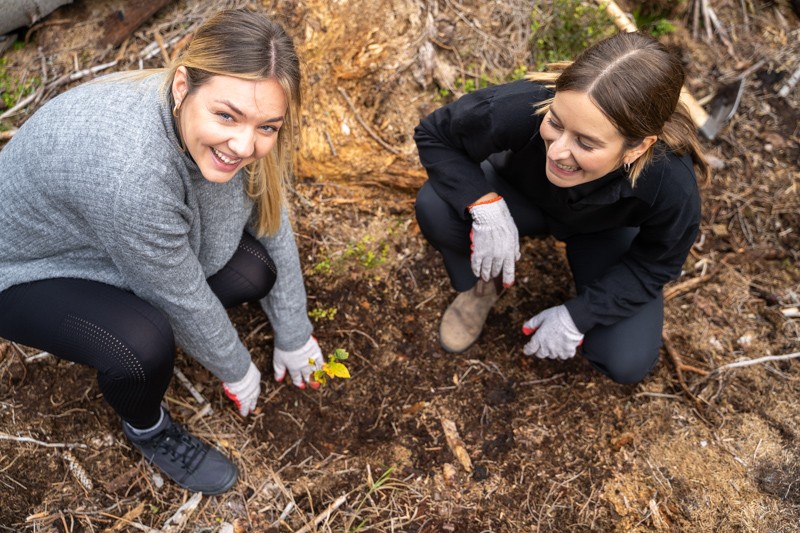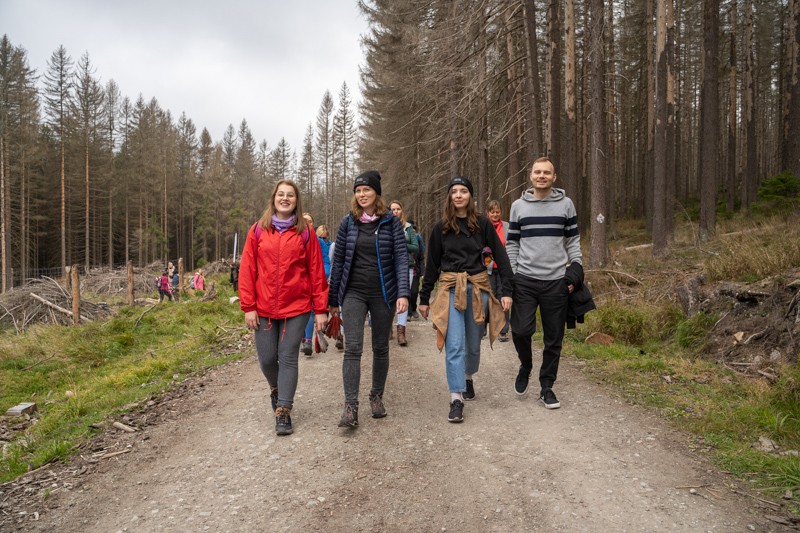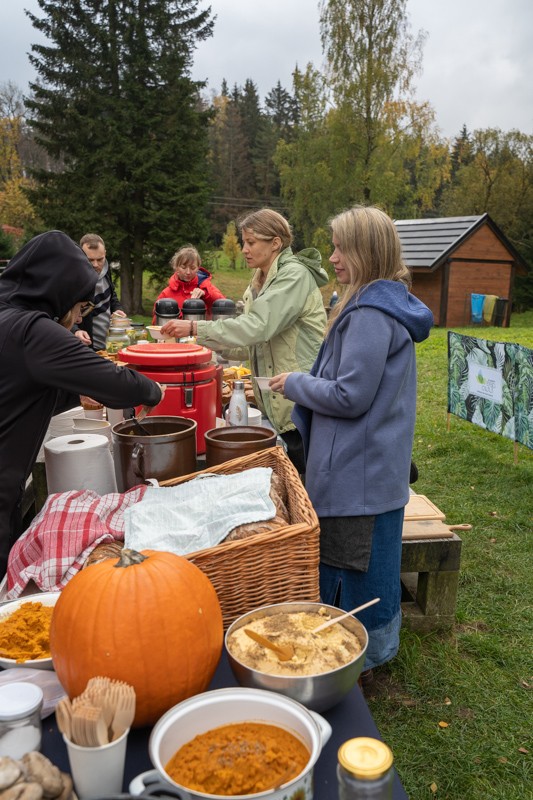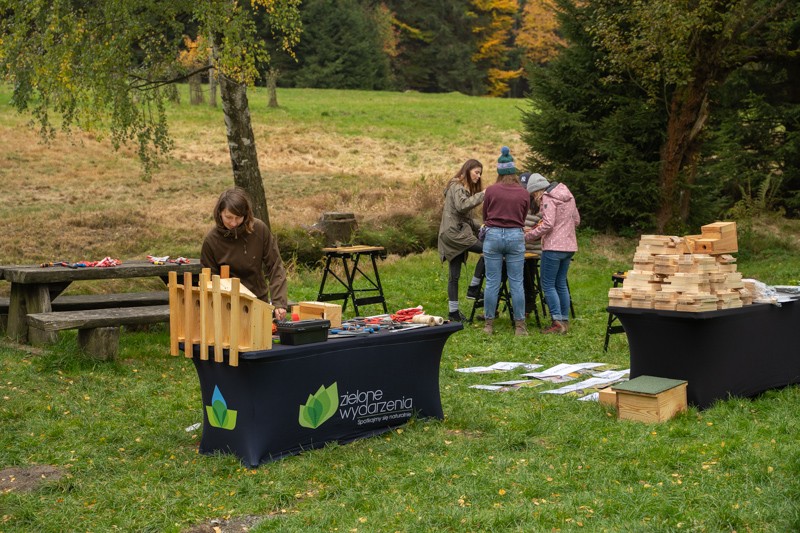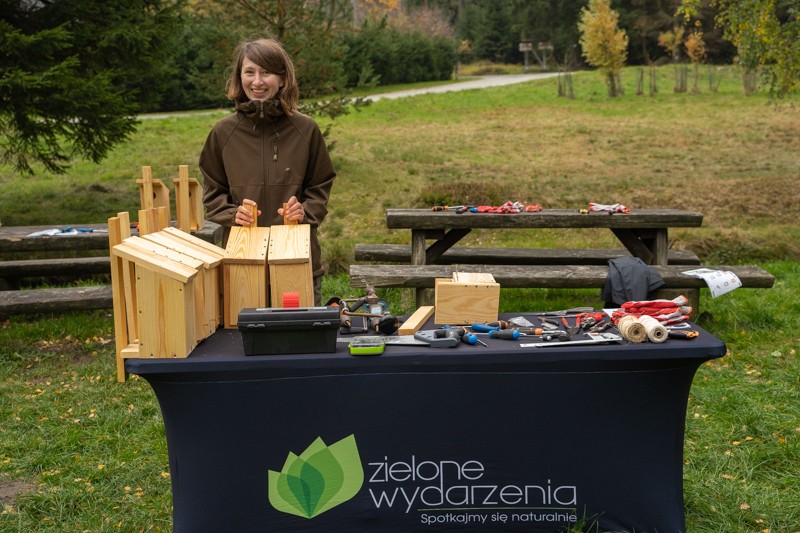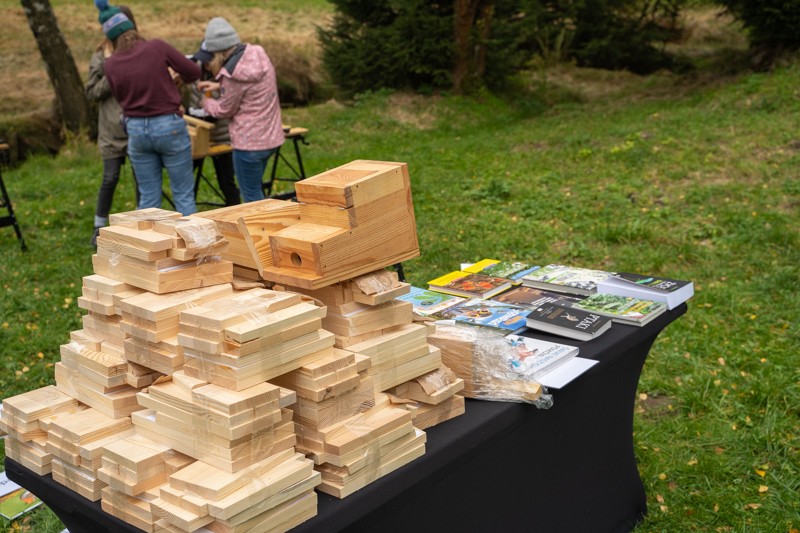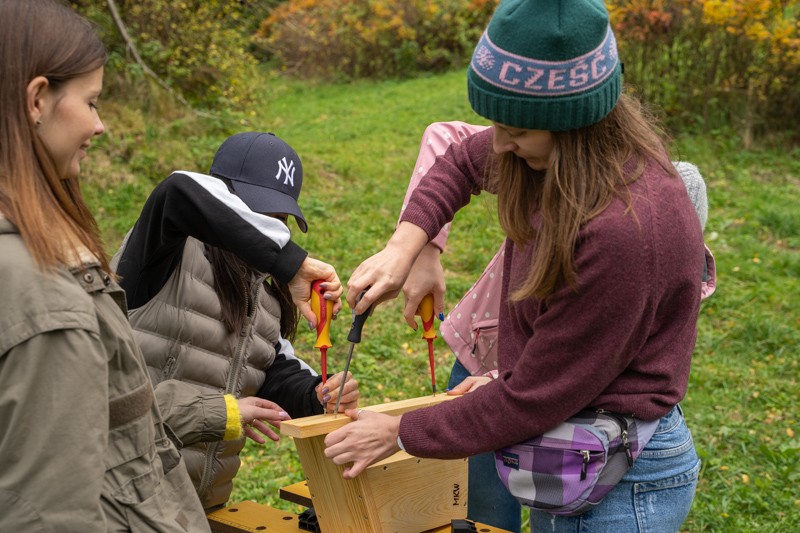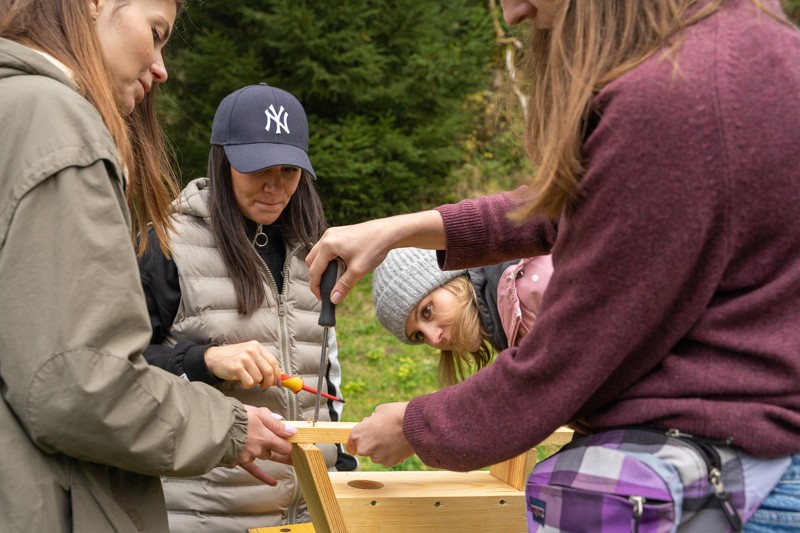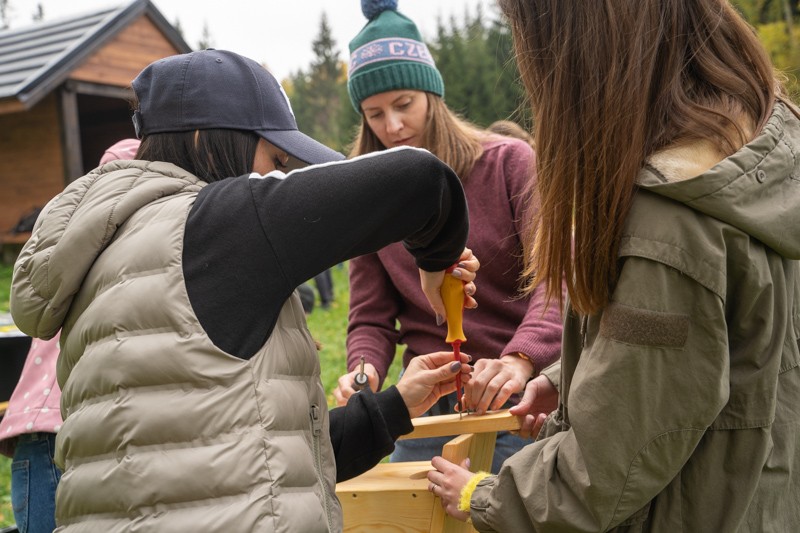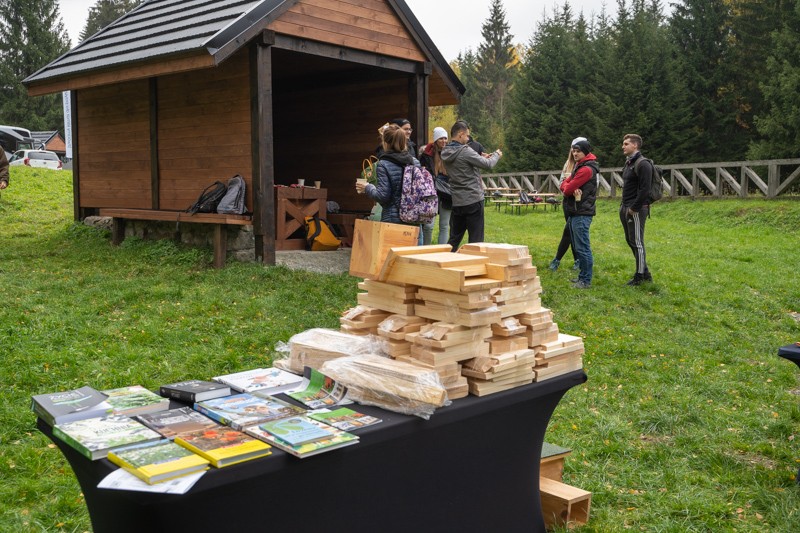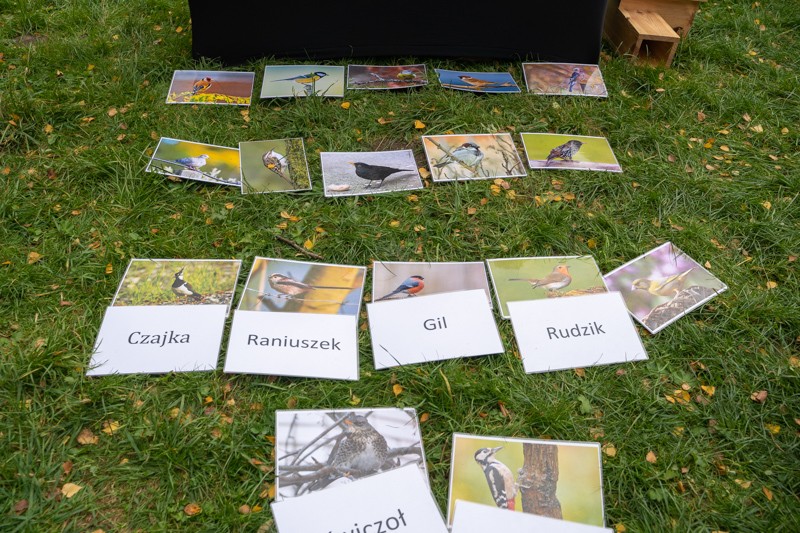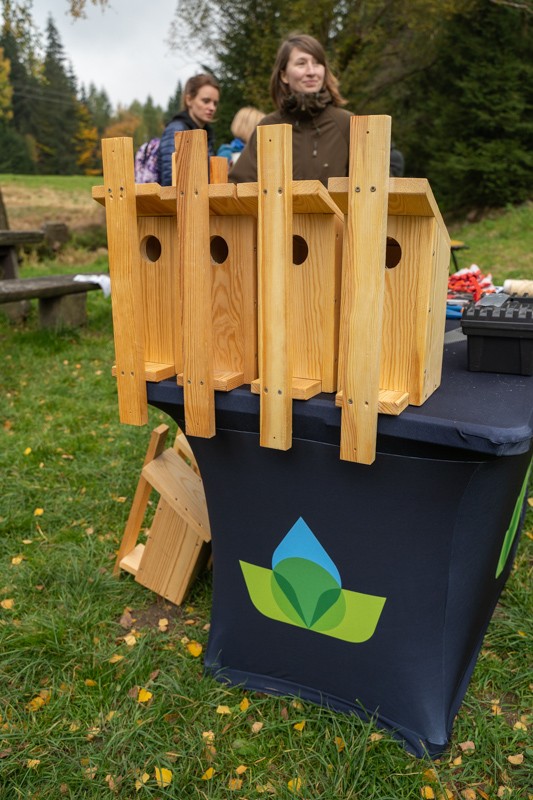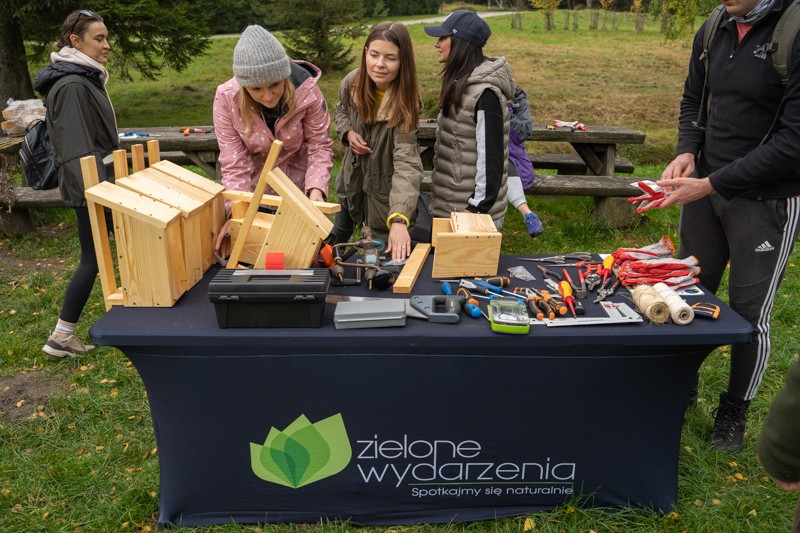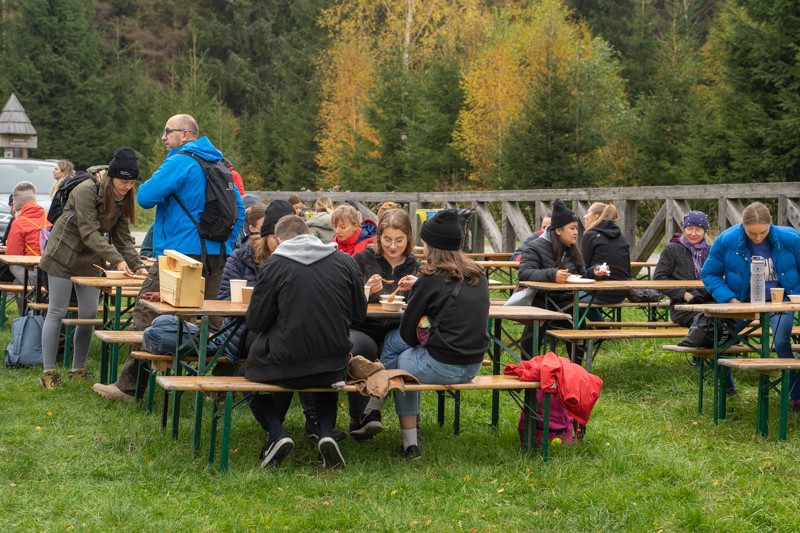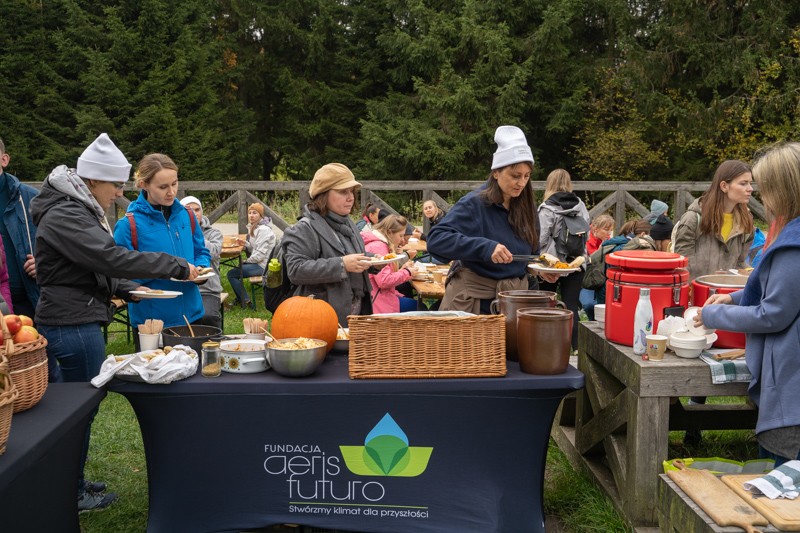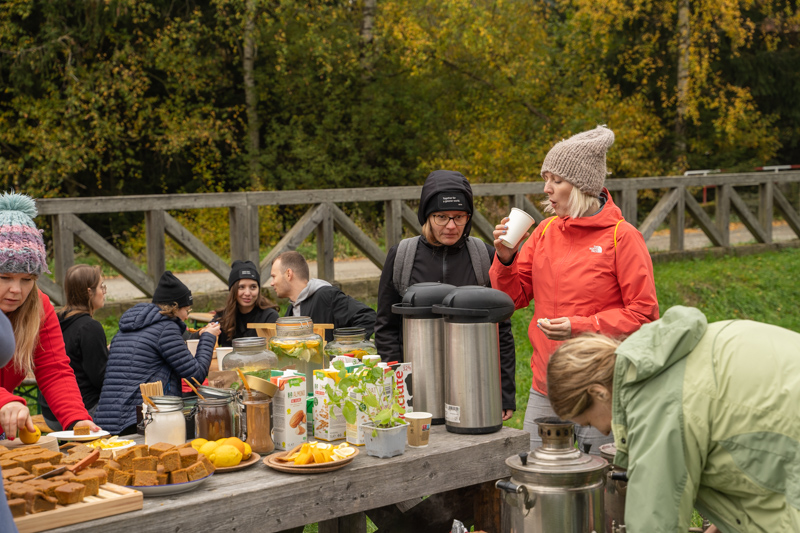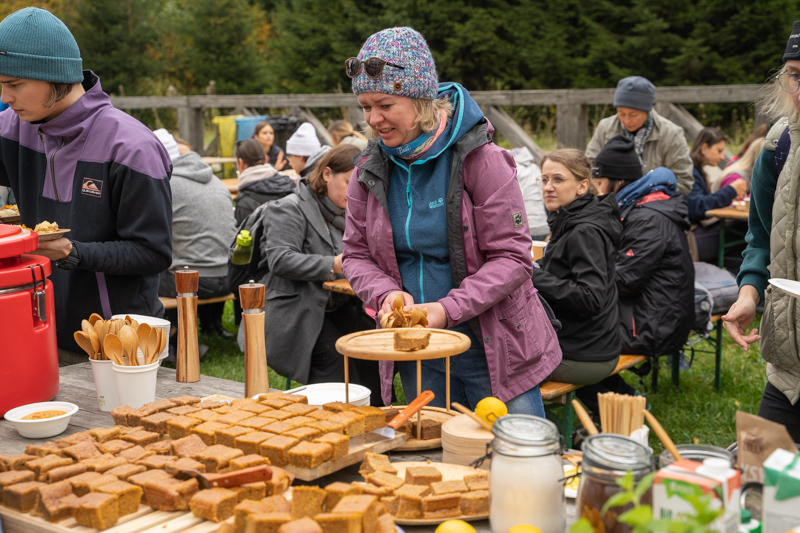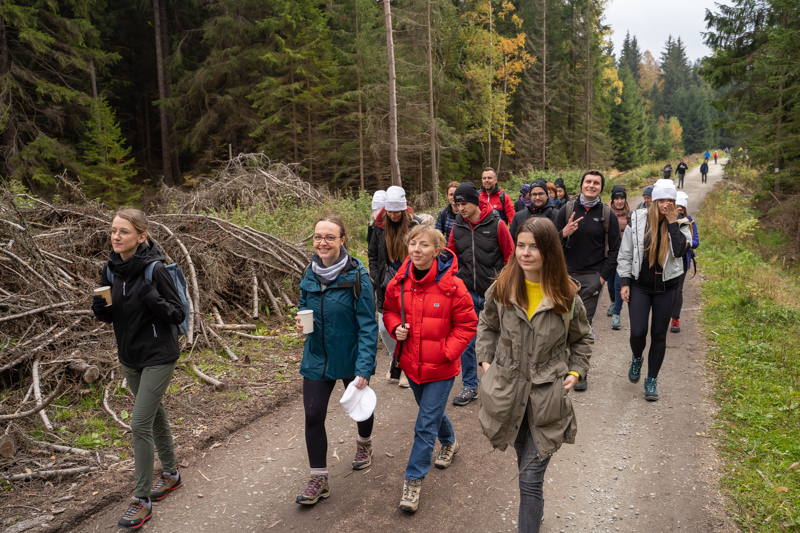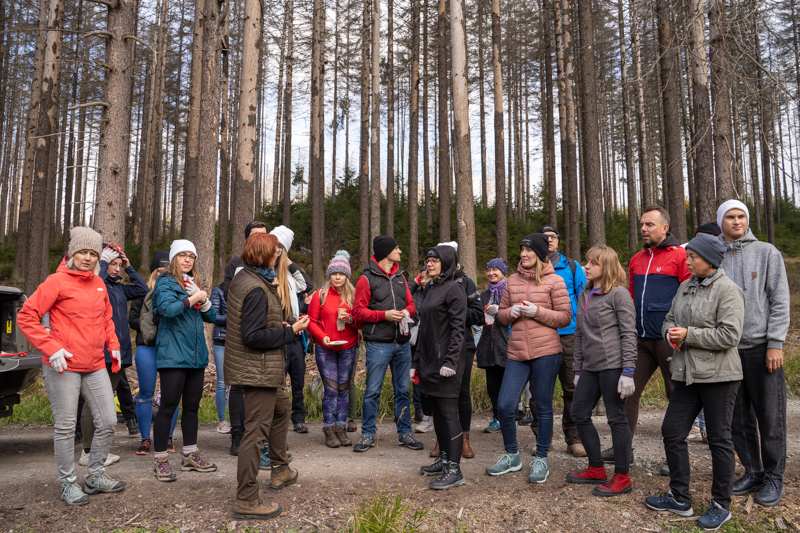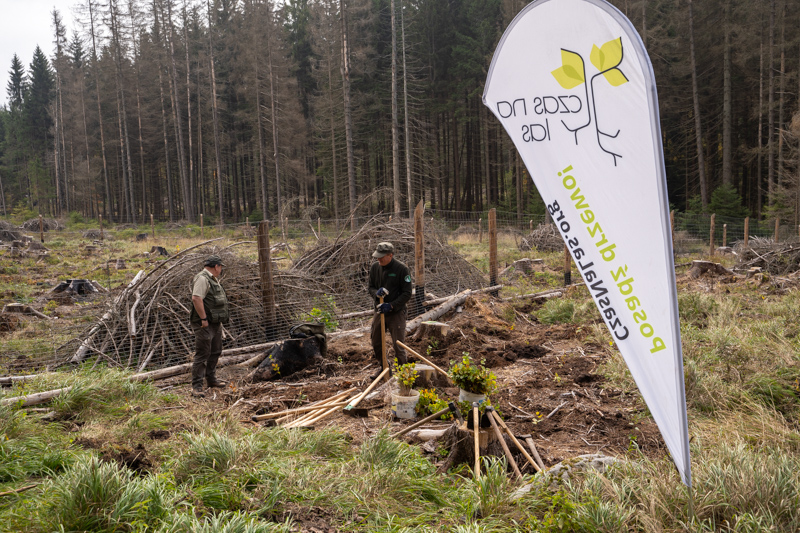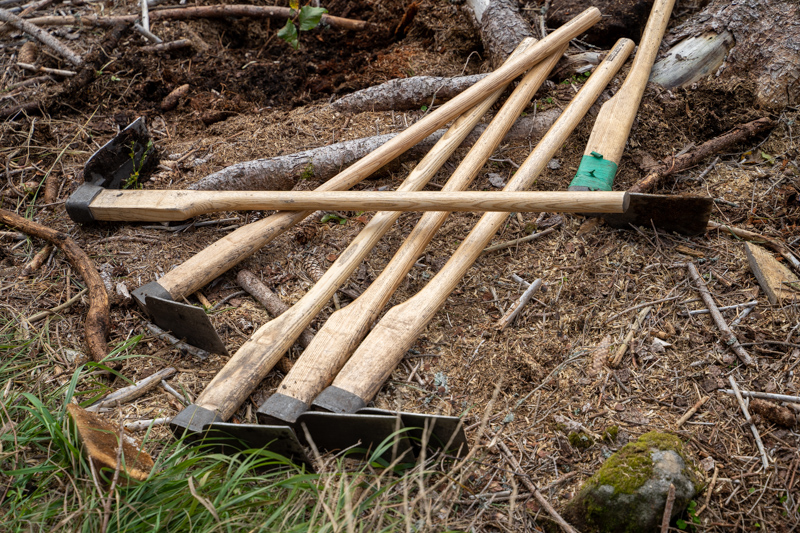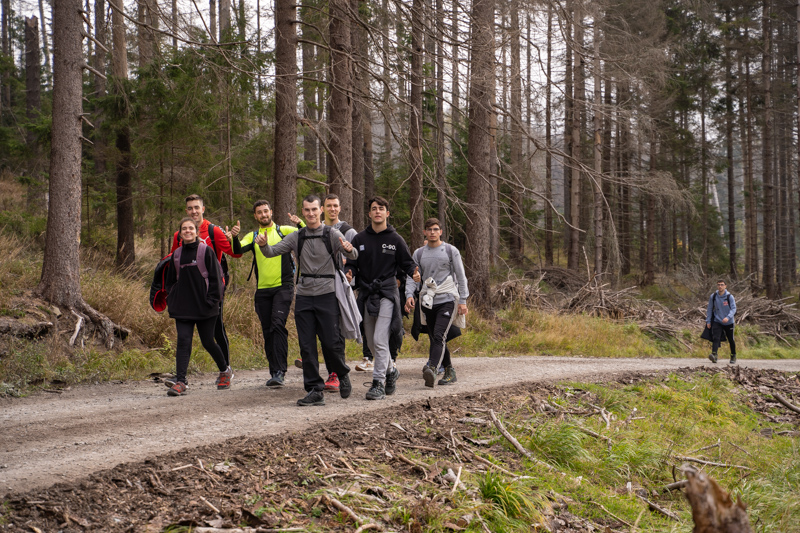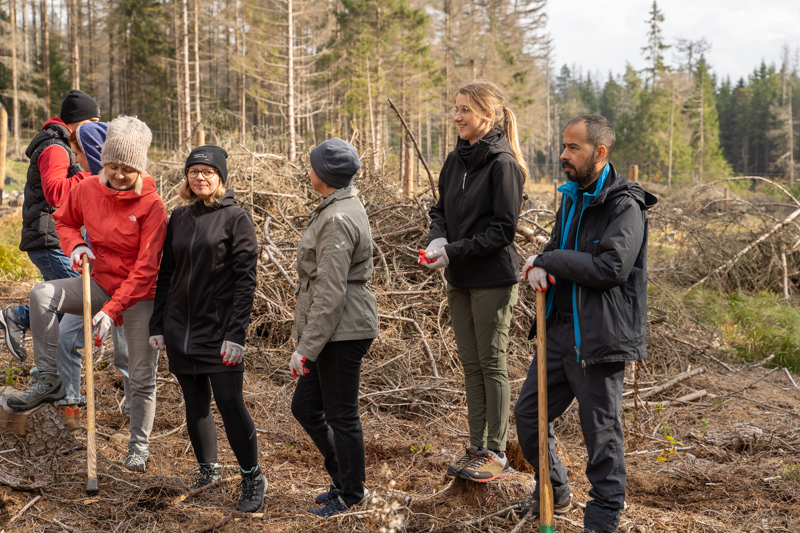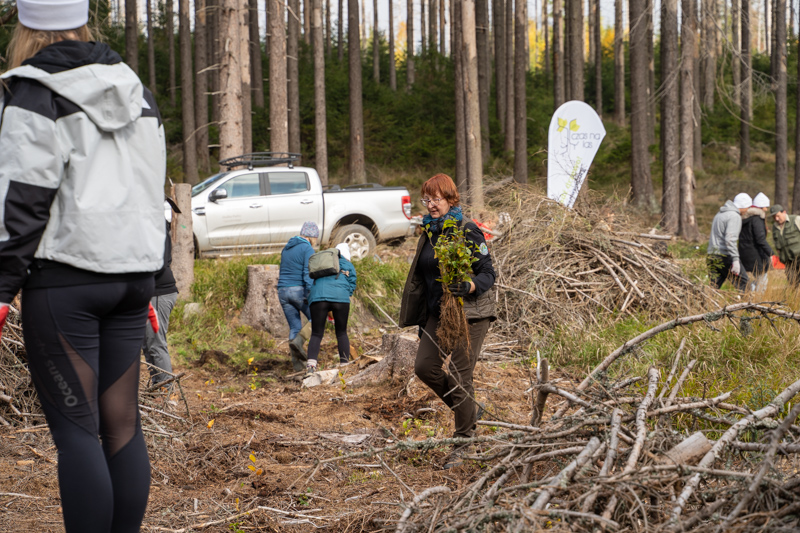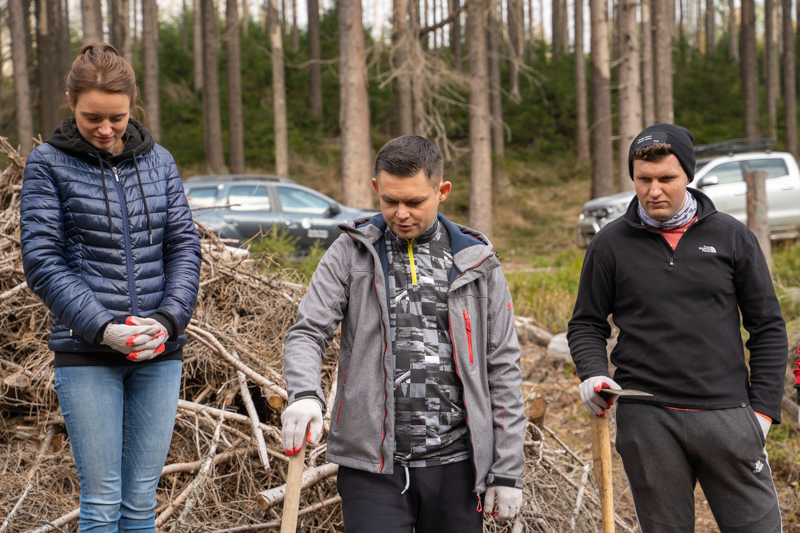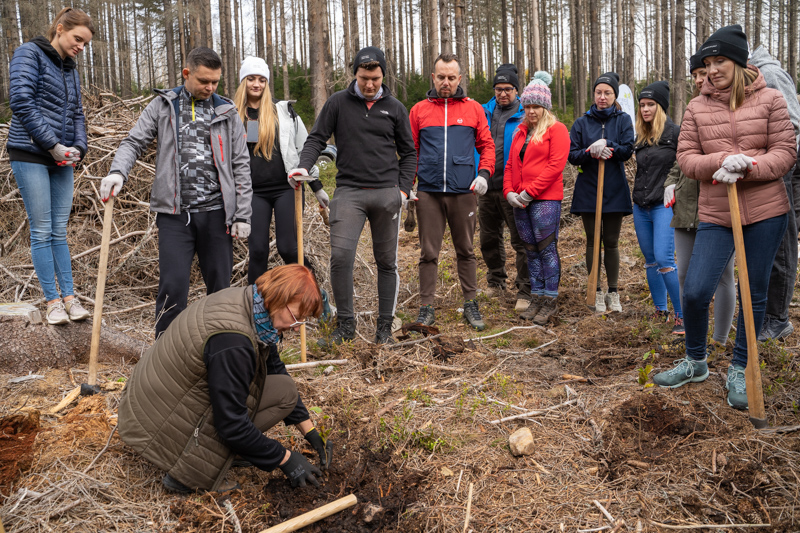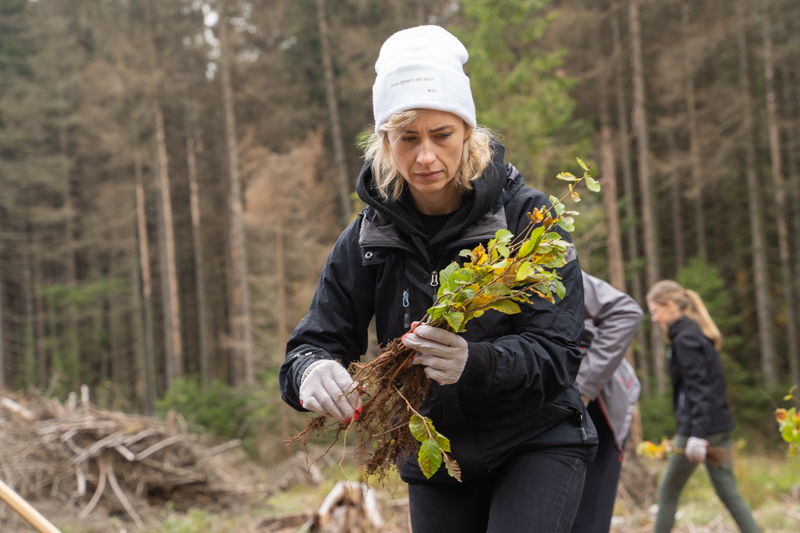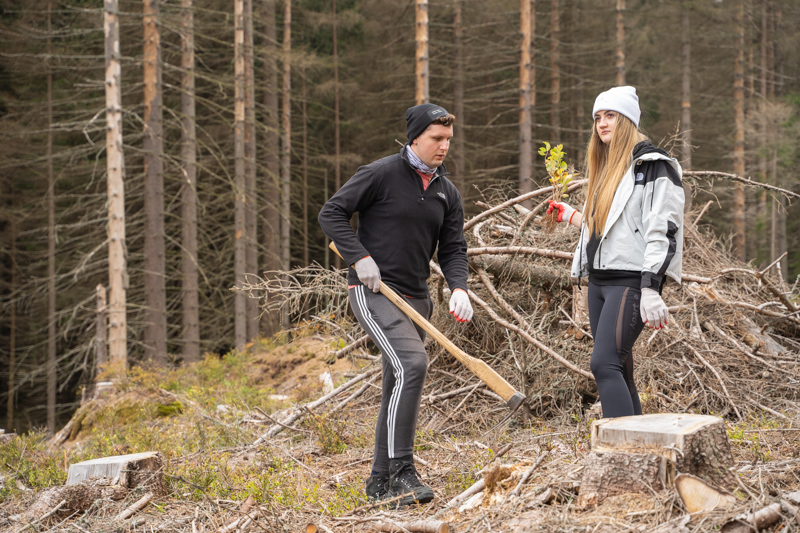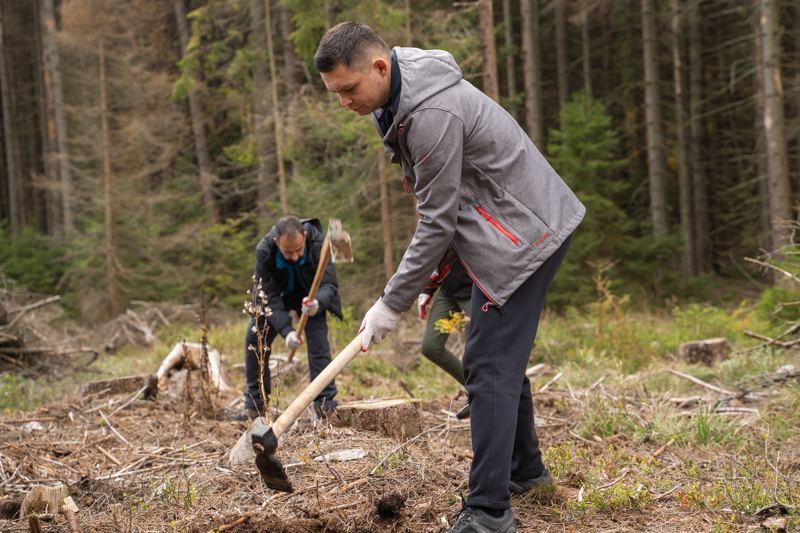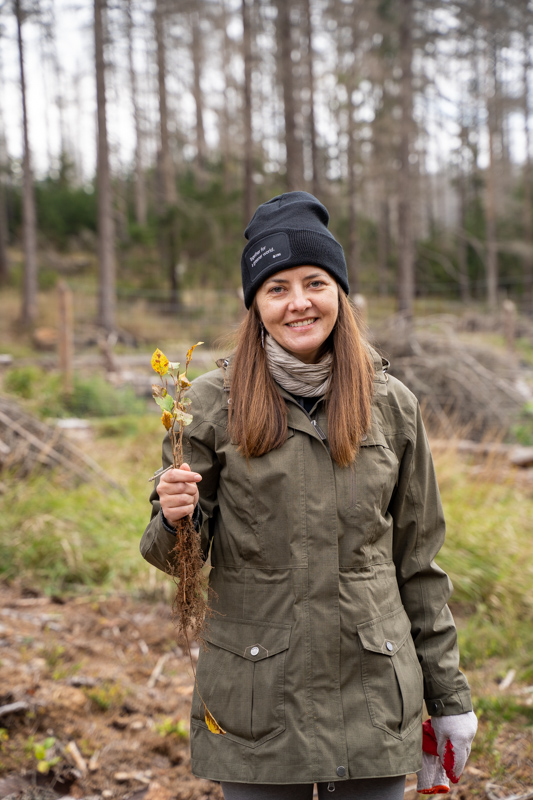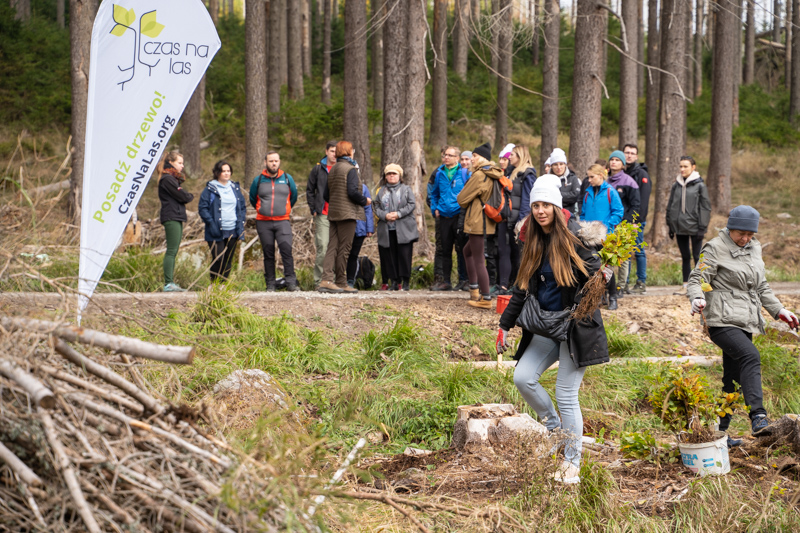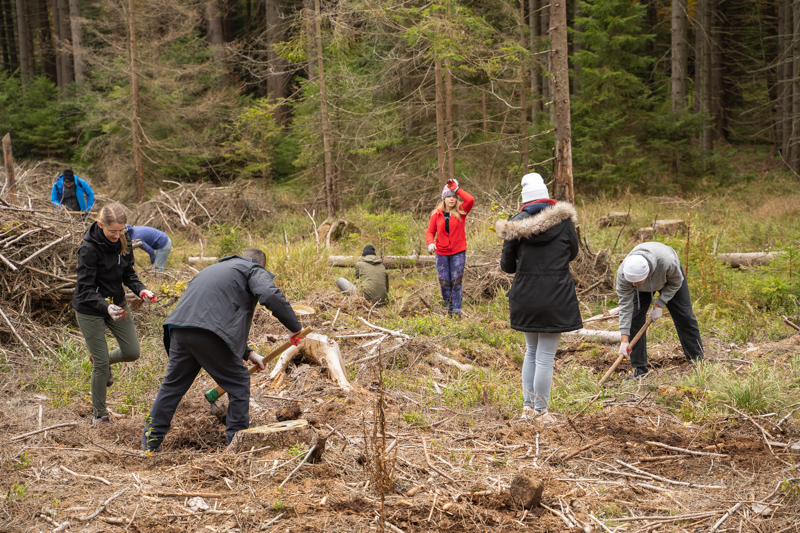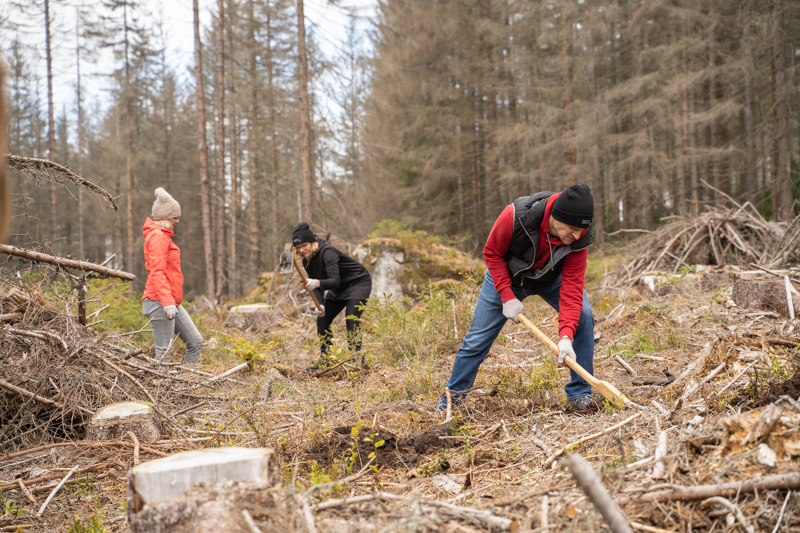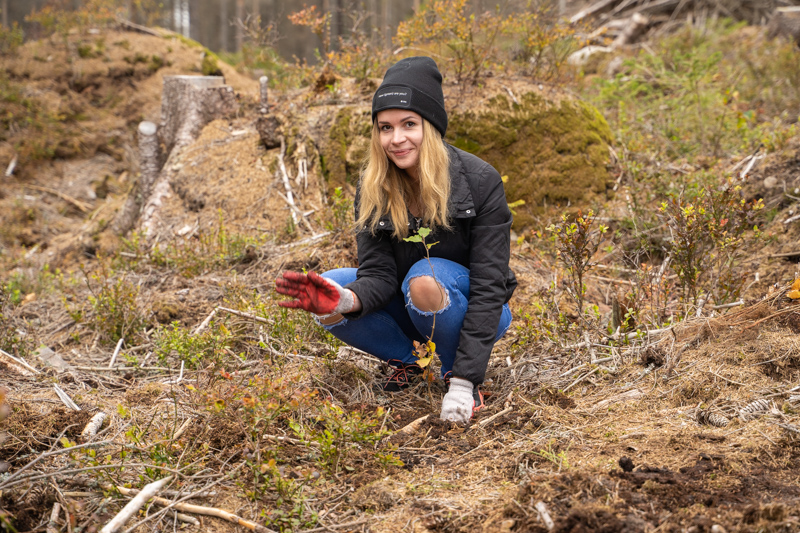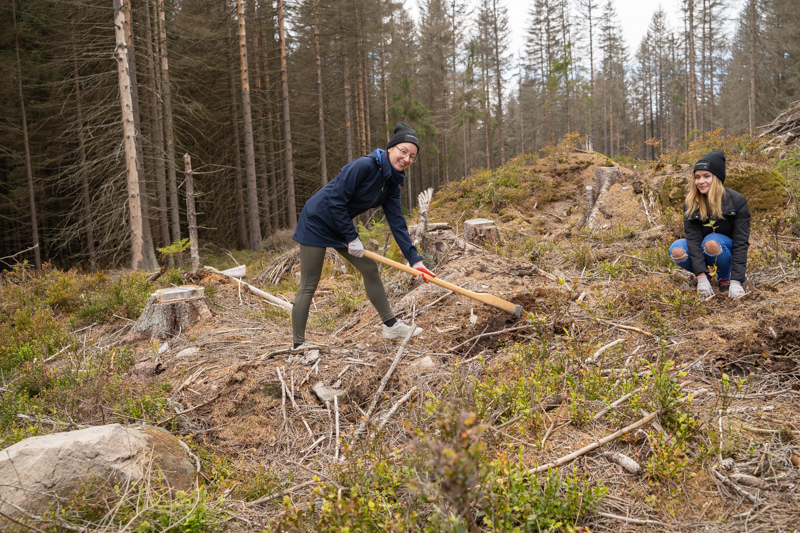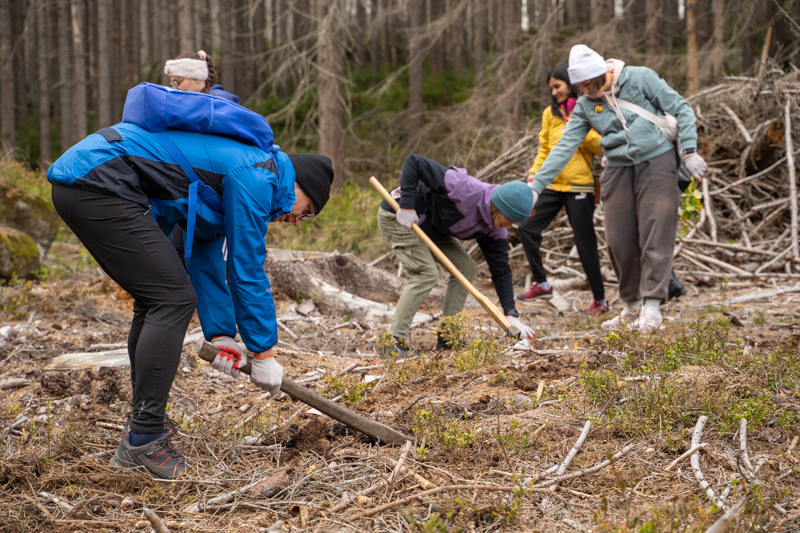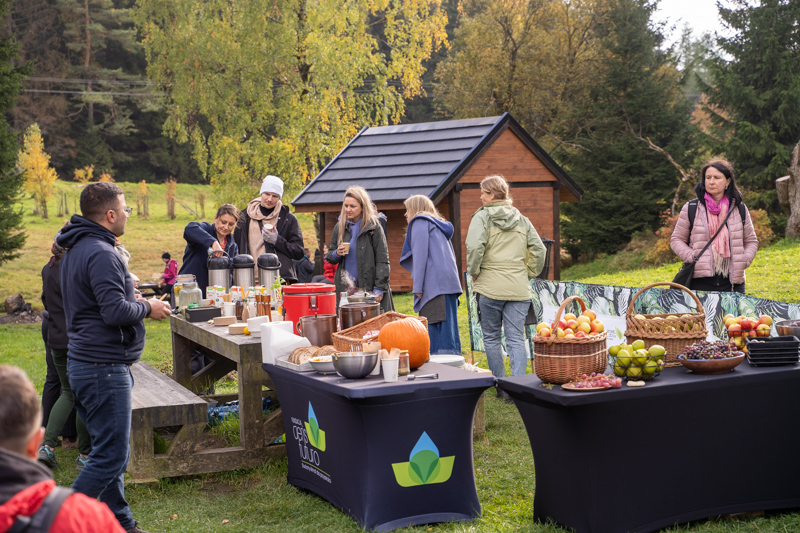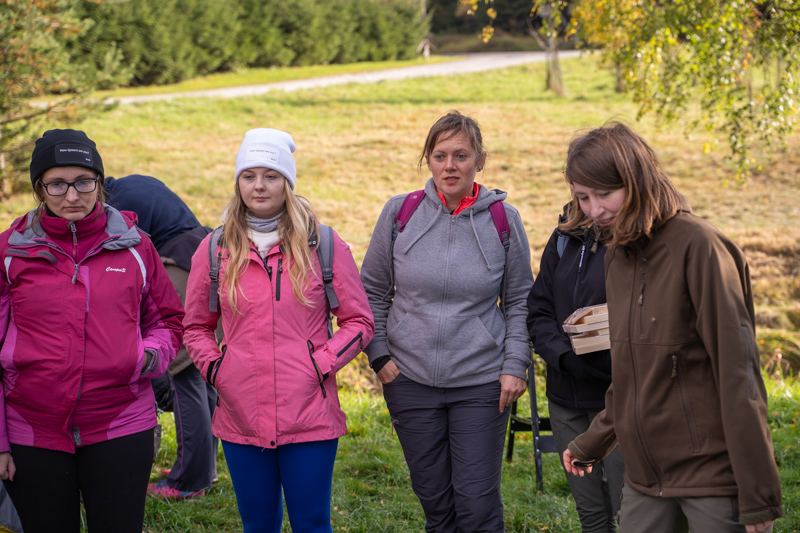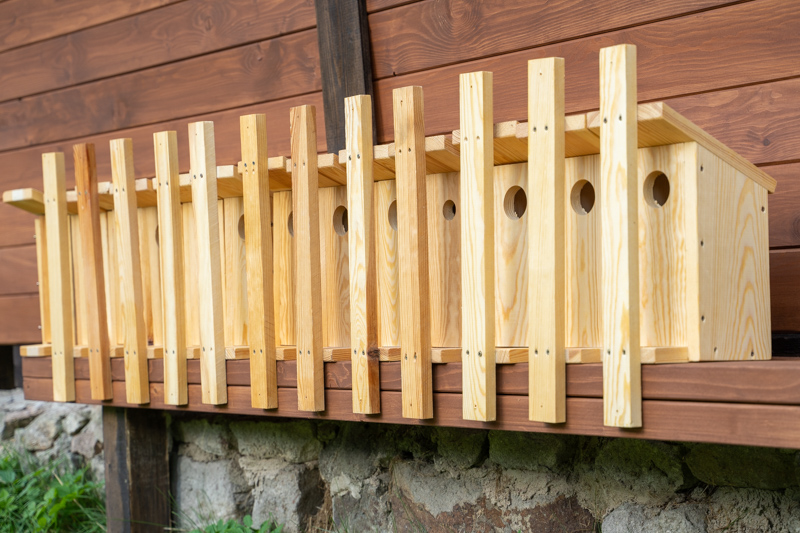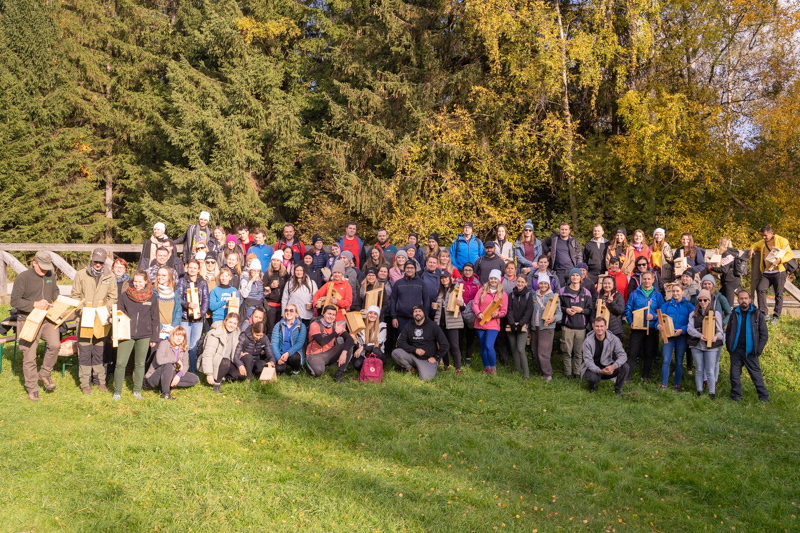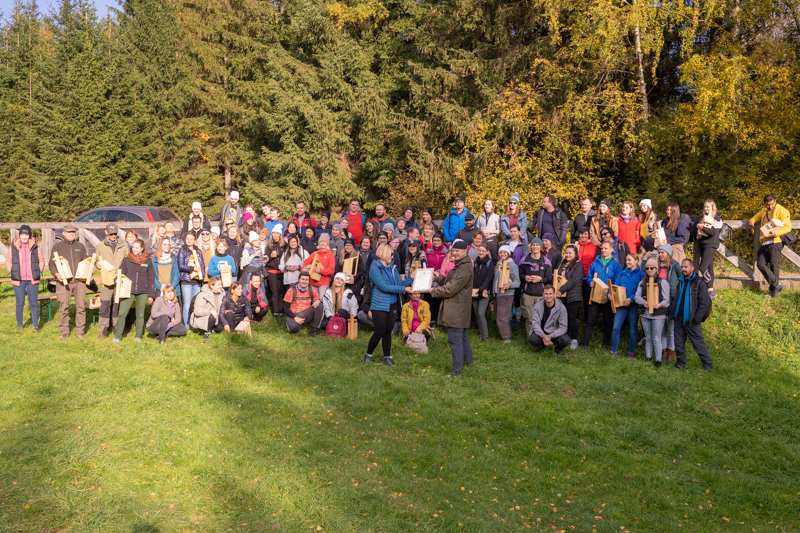UBS – thousands of trees for the Stolowe Mountains National Park

Together with UBS volunteers, we planted as many as 14,000 trees in the Stolowe Mountains National Park!
On October 14, with joint efforts, we enriched the area of Stołowe Mountains National Park with native tree species such as beeches and firs. In order to plant such an impressive number of trees, as many as a hundred volunteers from UBS came to the site to celebrate the 15th anniversary of the company’s presence in Poland. The campaign was carried out smoothly and in a pleasant atmosphere, thanks to the commitment and positive energy of the volunteers.
Why did we plant thousands of trees in Stołowe Mountains National Park?
A significant problem for Stołowe Mountains National Park is the emergence of the bark beetle. For healthy trees, the bark beetle does not pose as much of a threat, but Stołowe Mountains National Park forests are characterized by the dominance of artificial spruce stands, created as a result of previous human activity, which contributes to frequent bark beetle gradations and thus significant stand losses. In areas deforested as a result of intensive bark beetle activity, species compatible with habitat conditions are planted, usually deciduous trees.
Tree planting campaigns support the restoration of the natural character of tree stands, which is, incidentally, one of the park’s primary tasks.
However, the event did not close on the tree planting action itself, we also used it for educational purposes. After the theoretical part, i.e. lectures on birds and wild pollinators, we moved on to the practical part and made birdhouses and insect hotels with our own hands.
During the educational part, we touched on issues that are usually quite shallowly discussed and the threat to wild pollinators from the popular honeybee.
Information is increasingly being spread about the fact that the number of pollinators is declining and this poses a not inconsiderable threat to the entire ecosystem. This issue, unfortunately, is quite often discussed in a rather shallow manner, which repeatedly leads to the reproduction of environmentally unfavorable activities, such as the increasingly popular honeybee breeding.
Meanwhile, the effect of the growing popularity of honey bee keeping includes:
- shortage of food, leading to robberies by stronger colonies and the spread of infectious agents,
- displacement of other pollinator species.
With the development of honey bee colonies, an accelerated rate of disappearance of wild pollinators was observed in 2010-2019. A study of the impact of the co-occurrence of wild pollinators with the development of the number of honeybee colonies was conducted from 1990-2019. In the final period of conducting observations (2016-2019), only 39 species of bees were shown, which means that 32 species, or 46% of the local fauna, underwent the process of disappearance, as 71 species of wild bees were previously documented in the apiary area during the study period.
We used green, healthy and vegan catering during the event.
Sincere thanks to UBS for 14,000 trees, a great attitude and proactive action for the environment!


